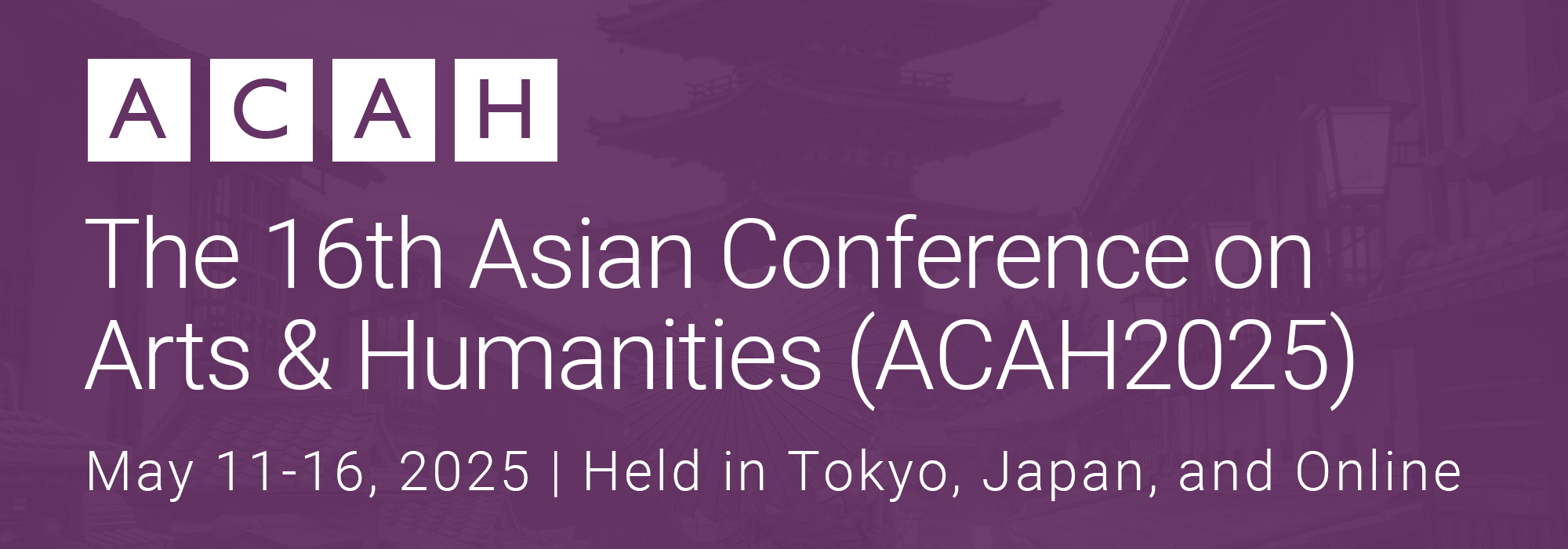Evaluation of the Effectiveness of Advocacy Actions in Reducing Systemic Inefficiencies in Social Welfare Procurement: Cases in Taiwan (91056)
Session Chair: Yulia Kristina
Thursday, 15 May 2025 14:05
Session: Session 3
Room: Room 708 (7F)
Presentation Type: Oral Presentation
Amidst Taiwan’s shift toward neoliberal policies, the government has increasingly entrusted social welfare services to NGOs through procurement contracts to enhance efficacy. However, frequent contract terminations and grievances from NGOs reveal persistent challenges. Previous research identified six recurring errors in Taiwan procurement contracts—unclear scope, requiring down payments, unjustified price reductions or terminations, delayed and partial payments, and government ownership of intellectual property rights—that serve as significant barriers for NGOs for undertaking entrusting cases. This study employs action research to advocate systemic improvements in procurement contracts through three advocacy strategies of varying approaches: (1) Indirect—drafting a new contract template and engaging with central government officials; (2) Indirect-direct—publishing reports via a press conference; and (3) Direct—lobbying local government city officials. Twelve cities were divided into three groups with diverse intensity: the control group received only (1), experiment-group-one received (1) and (2), and experiment-group-two received all three approaches. We analyzed contract errors from 2022 to 2024 with ANCOVA analysis. All groups exhibited significant reductions in errors, with stronger advocacy yielding faster short-term improvements, notably evident in 2023. However, long-term effects were similar across strategies, suggesting that all approaches are effective but operate at different rates. These findings encourage NGOs to advocate actively to address systemic barriers regardless of the approaches taken. As for implications, the central government’s supervisory power over local governments emerged as a key leverage point in centralized systems. Also, implementing a negotiation mechanism between governments and NGOs is recommended to enhance private-public partnerships, foster collaborations, and improve welfare service provision.
Authors:
Wei-Cheng Liu, University of Illinois Urbana-Champaign, United States
About the Presenter(s)
Wei-Cheng Liu is a Ph.D. student at the University of Illinois Urbana-Champaign. Before his Ph.D. study, he had work experience in the central government and NGO for several years.
See this presentation on the full schedule – Thursday Schedule





Comments
Powered by WP LinkPress